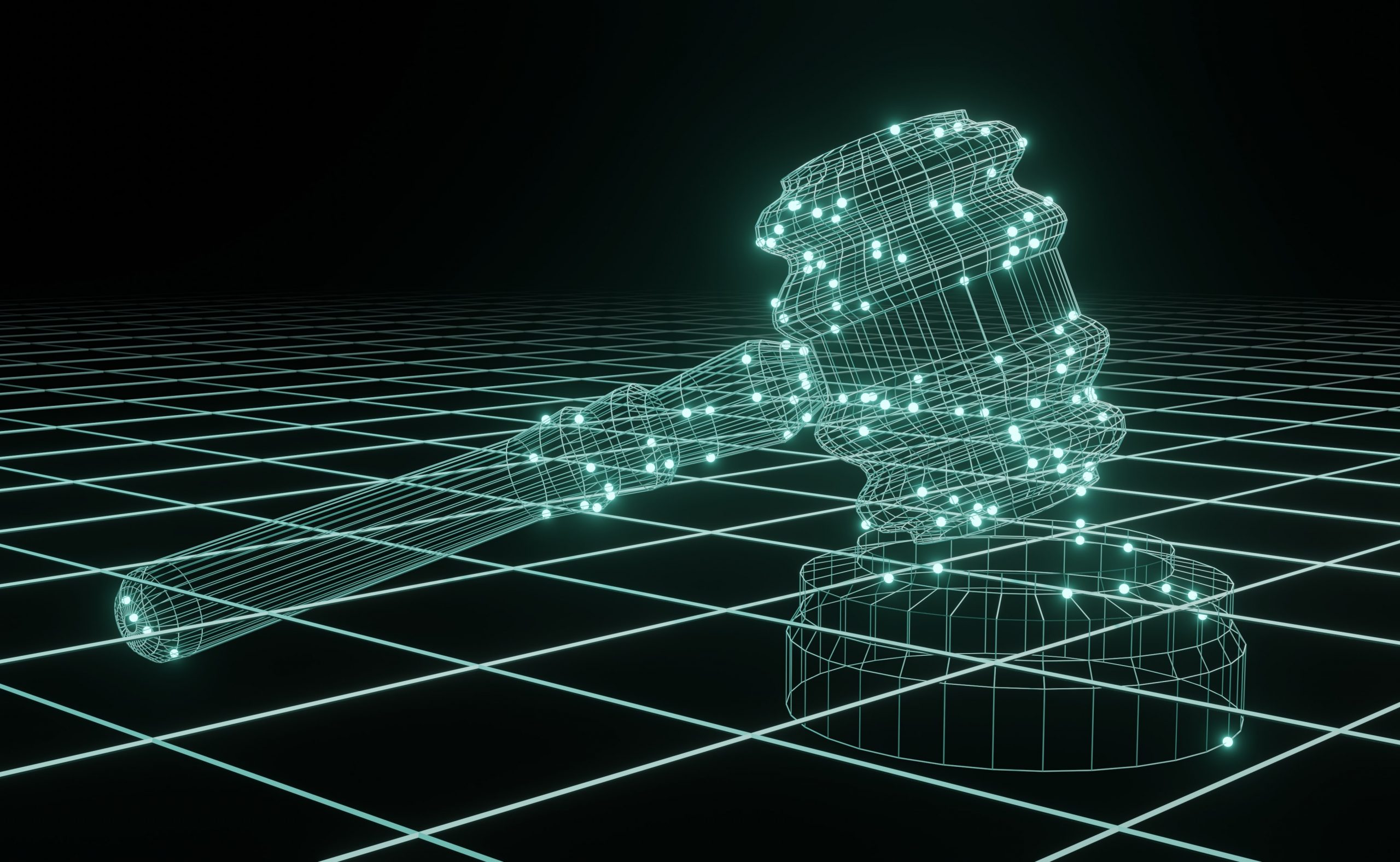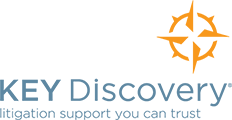We hope you enjoy this valuable post from our sister company Datamine Discovery that focuses on how working with a Discovery consultant can help to better prepare you for your next legal case. Please contact us if you have any questions or need help with eDiscovery services.
Don’t Wait…
Attorneys need to focus on the now, on those tasks requiring immediate attention. However, document collection and review are critical case elements that also require attention. Understanding the technology, services, and tools available prior to the Meet and Confer and client consultation will put you on top.
The use of appropriate technology can reduce costs. Understanding different workflows around these technologies can reduce the amount of data collected and produced, not only to the other side, but also what you receive as productions. It may be worthwhile to spend some time learning the options available to you now, so you can impress the judge and hold opposing counsel to advanced document review and production methods.

by Conny Schneider, Unsplash
Most of the time, attorneys ask for eDiscovery services and pricing with little understanding of the variety of available options and workflows, and how these can be applied in different situations. Each case is different, and practices from your previous cases may not be applicable to the next one. Working with a consultant can help solve this dilemma by assessing the needs of each case from the beginning and recommending best practices.
There are a variety of workflows that can be deployed depending on the case type. Many cases are simple and need not deviate from a simple workflow of collecting data, reviewing for privilege, tagging documents for production, and organizing data by issue; but more times than not, this is the exception. Data volumes are increasing, and with modern data such as text and Slack, there are new ways to effectively review and use technology to assist in this process.
- Artificial intelligence can be very helpful, learning from the decisions made, scoring documents for relevancy based on these decisions, and identifying anomalous data. Prioritize review and find documents that are most relevant first, instead of having to pivot mid-case and re-strategize.
- A.I. model libraries are also key. Deploying an A.I. model can identify documents prior to review based on certain categories such as sexual harassment, bullying, toxic behavior, privilege, or even help eliminate documents related to out-of-office replies, sports news, family events, etc.
- Investigating and analyzing your data set prior to review is a great way to identify the communicators, what they may be discussing, and the timeline of events. Identify key communicators, with whom they are communicating, if they are talking about things they normally don’t discuss, and if those conversations are happening at unusual hours. Identifying all custodian email addresses, pseudonyms, and whether you have their data is a critical step prior to starting a document review as well. Many times, these simple exercises will bring about new issues and relevant facts, and will always save you time in review.
- Data collection techniques and procedures are also something to be aware of. There are many types of data, and, depending on the case, different collection methods may need to be used.
No case is the same, and discovery should always be approached with that mindset. A Discovery Consultant can help you treat every case with the unique consideration it deserves. So don’t wait… reach out to start a conversation today.
Tom Washburn is a Discovery Consultant with Datamine Discovery who offers both assistance and tutorials for you and your team. To contact him directly, call 617-510-5480 or email twashburn@dataminediscovery.com to see how he can help your case.
